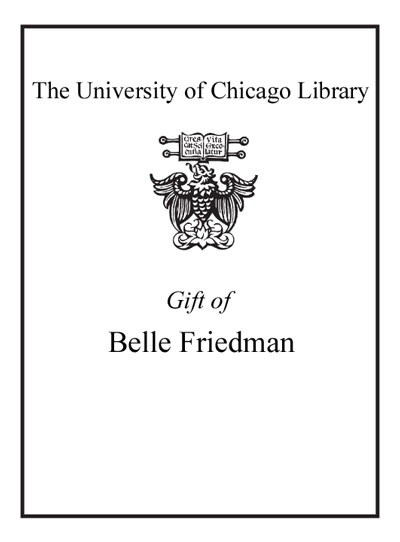Review by Choice Review
Olds and Schwartz (both, psychiatry, Harvard Medical School) combine clinical experience with recent survey findings to explore social isolation and depression in the US. Reminiscent of Robert Putnam's Bowling Alone (CH, Dec'00, 38-2454), this book shows how pursuing the American myths of stoic individualism and busyness as a virtue can lead to emotional disconnection and depression. The authors present a nicely balanced argument based on data from large national surveys (in particular, the 2000 US Census, 2004 General Social Survey, and 2006 Pew Internet and American Life Project) and their own clinical work to show how individuals can feel alone and disconnected, despite many opportunities to establish attachments with others. Olds and Schwartz suggest that in current US society, admission of loneliness is a greater taboo than admission of depression. Looking at how striving for self-reliance while living a hectic, overscheduled but socially disconnected life can impact marriage, parenting, and interactions with neighbors and friends, the authors trace the ripple effects of social isolation on psychological well-being, mental and physical health, aggression, and substance abuse. Summing Up: Highly recommended. All readers. R. B. Stewart Jr. Oakland University
Copyright American Library Association, used with permission.
Review by Publisher's Weekly Review
This workmanlike book takes up where Robert D. Putnam's classic Bowling Alone left off in examining the disintegration of community in 21st-century America. Americans, say the authors (both associate clinical professors of psychiatry at Harvard Medical School), have a conflicted views of community: on the one hand, they glorify rugged individualism and, on the other hand, they encourage community and look down on those who cast off community to go it alone. Drawing on interviews with their patients and on numerous studies, Olds and Schwartz point out that being a loner isn't all it's cracked up to be, and many who shun community are surprised at how lonely and socially isolated they feel. The authors conclude that Americans drift away from social connections because of the frenetic and overscheduled intensity of modern life as well as the American pantheon of self-reliant heroes. The authors restate what numerous studies have already shown: social isolation can lead to unhappiness and can have a detrimental impact on one's physical well-being and that of the larger society. The repetitious and slightly haranguing style detracts from, rather than adds to, the authors' message. (Feb.) (c) Copyright PWxyz, LLC. All rights reserved
(c) Copyright PWxyz, LLC. All rights reserved
Review by Library Journal Review
Like seminal works such as Robert D. Putnam's Bowling Alone: The Collapse and Revival of American Community, David Riesman's The Lonely Crowd: A Study of the Changing American Character, and Philip Slater's The Pursuit of Loneliness, this recent addition to the sociological and psychological literature on loneliness is a substantive contribution. Coauthors Olds and her husband, Schwartz (both associate clinical professors of psychiatry, Harvard Medical Sch.), reaffirm Putnam's thesis that a sense of community is vanishing from America and that we suffer from our increasing isolation from one another. Olds and Schwartz argue that our culture fosters a pervasive belief that we must be constantly busy, yet this very "busyness" isolates us as we work harder and longer, seeking comfort through empty productivity. Exhaustion and depression set in, and we retreat from others, creating a vicious circle of loneliness. The authors capture the essence of our depressed and disjointed culture, especially now that the economy is failing and workaholism is no longer a viable refuge for many. They offer no foolproof solutions, but they do successfully generate awareness of the problem and encourage the ubiquitous lonely Americans to seek attachment and commitment as they pursue happiness. Highly recommended for all public and university libraries.-Lynne F. Maxwell, Villanova Univ. Sch. of Law, PA (c) Copyright 2010. Library Journals LLC, a wholly owned subsidiary of Media Source, Inc. No redistribution permitted.
(c) Copyright Library Journals LLC, a wholly owned subsidiary of Media Source, Inc. No redistribution permitted.
Review by Choice Review
Review by Publisher's Weekly Review
Review by Library Journal Review

